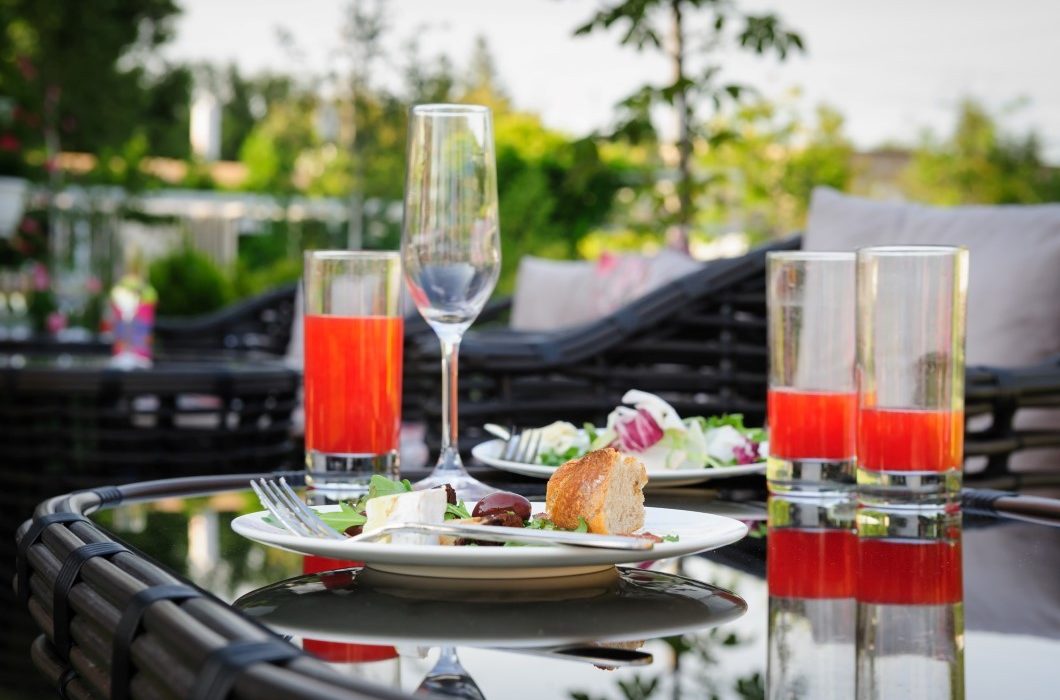
You might also like:
Food wastage is a growing problem around the world. According to FAO, the UN Food and Agriculture Organization, one-third of the food produced in the world is ultimately wasted. The tourism industry is starting to react.
In the East, the Pacific Asia Travel Association (PATA) has kicked off a campaign for the tourism industry in Asia. Code Name: “Buffet” for Building an Understanding for Food Excess in Tourism. Mario Hardy, president of PATA. explained: “With strong growth expected in the tourism industry, particularly in the Asia-Pacific region, more food wastage is expected in the future.” He puts forward an argument that should not leave the tourism industry insensitive: “Reducing waste will reduce costs for operators while benefiting the environment.” A win-win challenge!
Specifically, the association has launched a dedicated section on its website, where professionals can find good practices and methods to apply in order to reduce wastage in their hotel.
OptiMiam, The Food Life, Too good to go, Zéro-Mash … In a few months, apps to fight food wastage have multiplied. An app is out of the box, Too good to go, launched in June 2016. The Parisian start-up first encourages consumers to buy unsold products from merchants around them, in forty French cities. But Too good to go comes mainly to integrate about twenty Ibis, Novotel and Mercure hotels in France. The establishments of the AccorHotels group find here a way to sell the meals and Viennese pastries in excess.
The initiative again is win-win: the hotels can thus generate sales on products that, before, would have gone to the trash. Three initiatives to salute while a petition against food waste in Europe received last weekend 1 million signatures.
Costa Cruises has 14 ships and … 54 million meals served on board every year! The cruise line is mobilizing against food wastage by creating a program called “4 Good Food”. The goal is to halve the food waste by 2020.
The company announces, “review all restoration processes and remodel them using an integrated approach based on sustainability, while ensuring the proactive engagement of passengers and crew members”. Costa Cruises therefore favors the seasonality of local products and supplies, while an awareness campaign called “Taste do not Waste” should involve passengers, especially in front of buffets.
The program has already been tested since 2016 on the Costa Diadema, as a pilot project, and the company is therefore declining it on its other vessels. Since July 2017, the company also organizes the distribution of non-consumed meals to welfare associations in Savona and Rome. In six months, nearly 16,000 meals were distributed. The operation should be extended this year to other European ports, including Venice, Marseille, Barcelona, Athens and Valletta.
Source: tourism-review.com
